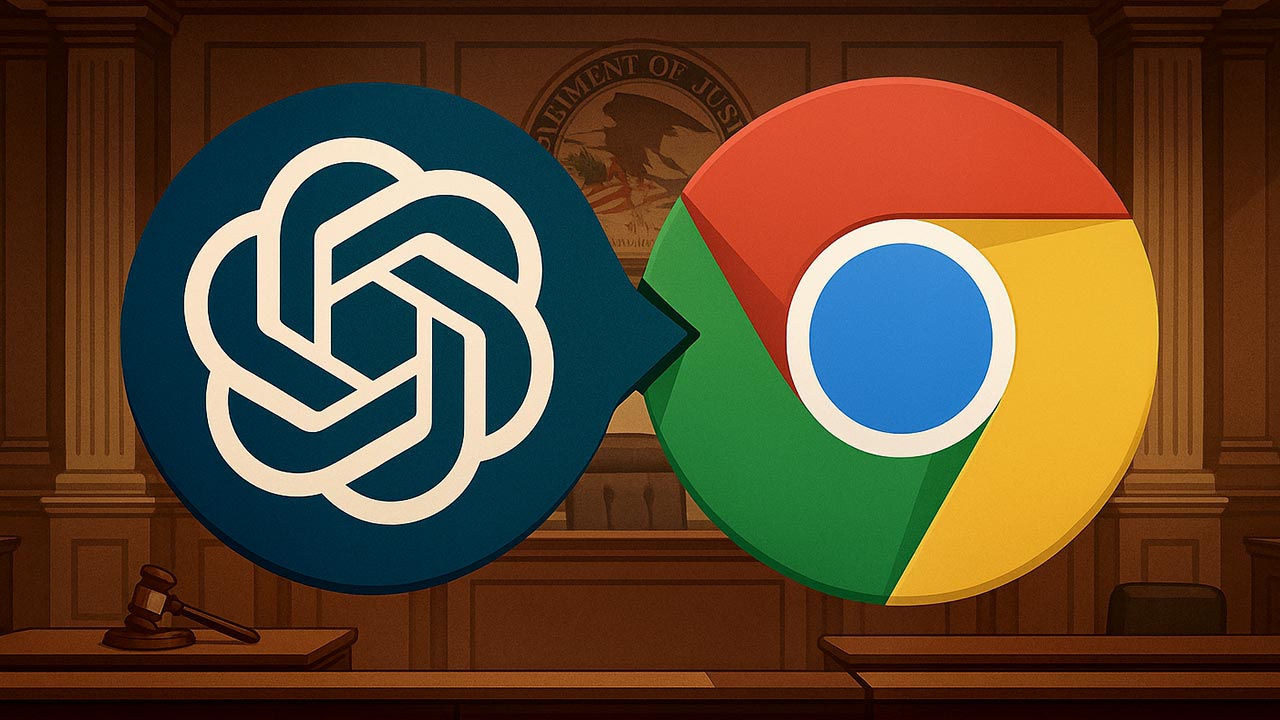OpenAI’s Interest in Acquiring Chrome Amid Google’s Antitrust Challenges
In the wake of the U.S. Department of Justice’s (DOJ) antitrust lawsuit against Google, significant remedies are being considered, including the potential divestiture of the Chrome browser. OpenAI has expressed interest in acquiring Chrome, aiming to integrate its AI capabilities directly into the browser experience. Today we’ll explore the implications of such a move, the current legal landscape, and the potential transformation of user interaction with the web.
Table of Contents
- Background: The DOJ’s Antitrust Case Against Google
- OpenAI’s Strategic Interest in Chrome
- Potential Impact on the Browser Market
- Challenges and Considerations
- Top 5 Frequently Asked Questions
- Final Thoughts
- Resources
Background: The DOJ’s Antitrust Case Against Google
In August 2024, U.S. District Judge Amit Mehta ruled that Google had violated antitrust laws by maintaining monopolistic control over the search engine market. The DOJ’s proposed remedies include:
- Forcing Google to divest its Chrome browser.
- Requiring Google to license its search data to competitors.
- Prohibiting exclusive agreements that favor Google’s search engine on devices.
These measures aim to dismantle Google’s dominance and foster a more competitive environment in the digital space.
OpenAI’s Strategic Interest in Chrome
During the remedy phase of the trial, Nick Turley, OpenAI’s head of product for ChatGPT, testified that OpenAI would be interested in acquiring Chrome if it were to be sold. Turley emphasized that integrating ChatGPT into Chrome could offer a seamless AI-first browsing experience, enhancing user interaction and accessibility.
OpenAI’s interest is further underscored by its previous attempts to access Google’s search API to improve ChatGPT’s capabilities. However, Google declined these requests, citing competitive concerns.
Potential Impact on the Browser Market
If OpenAI acquires Chrome, the browser landscape could undergo significant changes:
- AI Integration: Chrome could become the first major browser with native AI capabilities, offering personalized assistance and streamlined navigation.
- Market Dynamics: OpenAI’s entry could challenge existing browser hierarchies, prompting competitors to innovate and integrate AI features.
- User Experience: Enhanced AI tools could redefine how users interact with the web, from search queries to content consumption.
Challenges and Considerations
While the acquisition presents opportunities, several challenges must be addressed:
- Regulatory Approval: The sale would require approval from regulatory bodies, ensuring it doesn’t create new monopolistic concerns.
- Data Privacy: Integrating AI into browsing raises questions about user data handling and privacy protections.
- Technical Integration: Merging OpenAI’s technologies with Chrome’s infrastructure would require significant development and testing.
Top 5 Frequently Asked Questions
Final Thoughts
OpenAI’s potential acquisition of Chrome represents a pivotal moment in the intersection of AI and web browsing. If realized, it could redefine user interaction with the internet, setting new standards for personalized and efficient browsing experiences. However, the path forward involves navigating complex regulatory landscapes, addressing privacy concerns, and ensuring seamless technological integration. The outcome of the DOJ’s case against Google will significantly influence the future dynamics of the digital ecosystem.
Resources, further reading
- OpenAI Would Buy Google’s Chrome Browser, ChatGPT Chief Says – Bloomberg
- OpenAI wants to buy Chrome and make it an “AI-first” experience – Ars Technica
- Exec says OpenAI would buy Chrome if judge orders Google breakup – Courthouse News
- OpenAI executive says company would be open to buy Google Chrome – Perplexity
- OpenAI Trying to Buy Chrome So It Can Ingest Your Entire Online Activity – Futurism









Leave A Comment